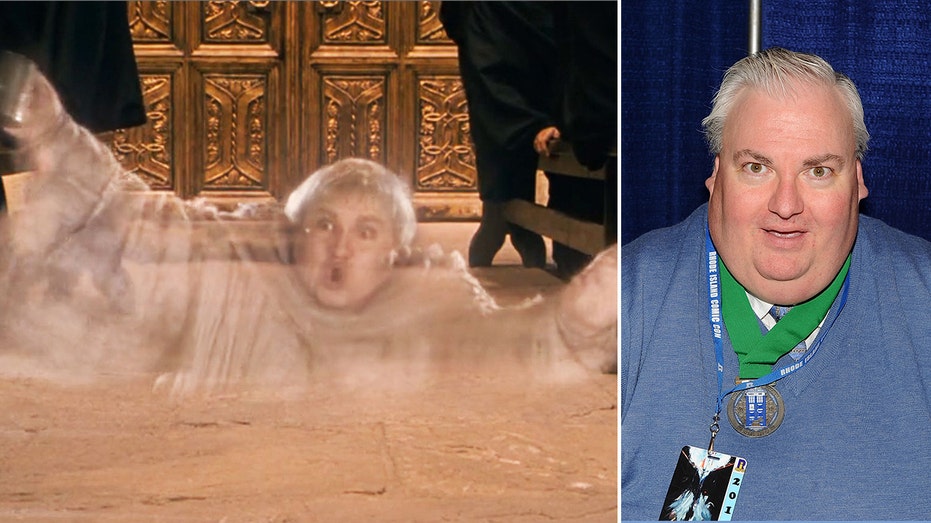- by foxnews
- 11 Mar 2025
Working mothers say cost of living pressures won’t be eased by wage rise in line with inflation alone
Working mothers say cost of living pressures won’t be eased by wage rise in line with inflation alone
- by theguardian
- 14 May 2022
- in news

Once a week, Melanie Kent places leftover money from her grocery shopping into an envelope to go towards a family trip at the end of the year. It used to be topped up by a healthy $30a week, giving the kids something to look forward to.
Nowadays, she says she is lucky if she can spare $5.
"It's not going to make a huge difference to my life, but I think it's absolutely outrageous that politicians are squabbling over a $1 pay rise," Kent says.
The increasing cost of living combined with stagnating wages has become a central talking point of the federal election campaign, with Scott Morrison dubbing Anthony Albanese a "loose unit" for backing a 5.1% minimum wage rise to keep pace with rising inflation. The increase works out to about $1 an hour.
"If an employer can't afford a dollar an hour, maybe they were about to go broke anyway," Kent says.
The minimum wage is set by the Fair Work Commission after receiving submissions from unions, employers, governments and other stakeholders through a review process. Changes are not strictly tied with inflation, unlike the student loan repayments and pensions.
Kent, a Victorian mother of two disabled children who works at a local pharmacist in Frankstown, gets paid the minimum wage of $20.33 an hour. Her husband, who works in wholesaling, does 14 hours of overtime a week to keep up with the cost of living.
The consumer prices index rose by a staggering 5.1% in the year leading up to the March quarter, with the Reserve Bank expecting it to hit 6-9% by the end of the year. In the last quarter, the greatest increases were in fuel, which rose by 11%, new dwellings, up by 5.7%, and tertiary education, up by 6.3%. Food and other grocery items also saw a significant rise, with vegetables up by 6.6% quarterly, non-durable household items like toilet paper up by 6.7% and beef up by 7.6%.
Emeline Gaske, assistant national secretary for the Australian Services Union, says the minimum wage rise for low paid workers is the difference "between being forced to work two jobs or having time with the kids", adding that this is a "real life experience that the prime minister has failed to understand".
Kent says the cost of living crisis has forced her to become a meticulous shopper, often "weighing capsicums" to make sure that she is not paying a premium for a vegetable filled with seeds (lots of seeds can cause capsicums to weigh more).
Sarah Newnham, a social worker from Melbourne, has had a similar experience trying to keep up with the demands of her four disabled children. She is a single mother and works two jobs where she is paid at the minimum award rate for her industry, which sits at about $45 an hour.
"It's a bit tokenistic in the end; I think it's the very minimum that he [Albanese] could commit to," she says.
Newnham says she has learned to cope with rising fuel costs by simply "not driving", which can be challenging when trying to support her visually impaired son to get around town. With a Hecs debt looming over her, and the prospect of home ownership feeling ever more distant, Newnham's exhaustion has been compounded by "new expenses" like the need for her kids to have "phones and iPads" and a reliable internet connection.
"I have to question a leader that would state that there's not enough money in the economy to increase the minimum wage when a company's profits are increasing by 10%," she says.
In the last few months, Kent says the effect of inflation has felt like a lot more than the official 5.1%. Prices on staples like bread and fuel are going up by 25%-50%, which has swallowed up the government support and incentives that have tried to mitigate the pressure, Kent says.
"The first few weeks [after] the fuel excise was announced, the price went down to $1.50-$1.60. But now it's back up to $1.80-$1.92."
Kent reminisces about the days where she used to have a job that would automatically increase her wage every financial year to match inflation, rather than constantly having to wait for the union to petition the Fair Work Commission.
Meanwhile, Newnham worries about how little time she gets to spend with her kids, and supports any initiative that means she can "avoid going back [to work] for once". She says what she hopes to gain the most out of a pay increase would be fewer shifts a week so she could be more present in her children's lives.
On Thursday, Albanese clarified that the wage increase Labor supported would only cover the 2% of people on the minimum wage of $20.33 an hour, meaning a minimum award earner like Newnham would be left behind.
Kent says she is prepared to take whatever she can get.
"It translates into maybe $15 extra a week because I'm not full-time, but hey, I wouldn't knock it back."
- by foxnews
- descember 09, 2016
High-end vacation resort bans children to achieve 'tranquil environment'
The Alila Marea Beach Resort, located in Encinitas, California, has announced that it's no longer accepting kids and is transitioning to an adults-only vacation spot.
read more


